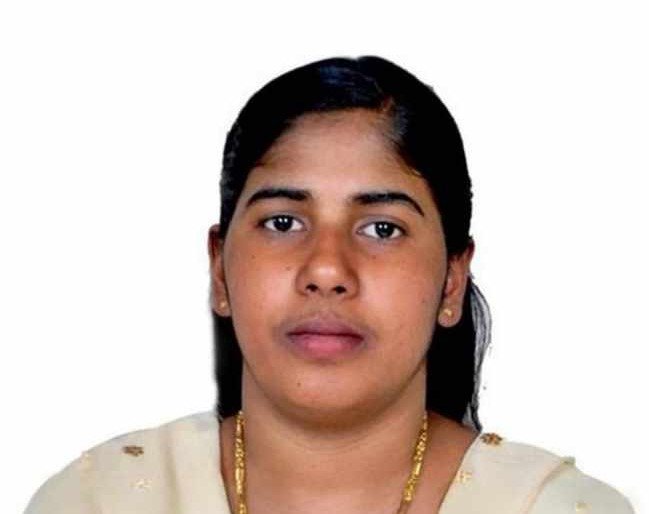Last-minute pleas, diplomatic whispers, and a spiritual envoy haven’t moved the Mahdi family off their demand for retribution
The clock nearly stopped on July 16 for Nimisha Priya. But not because Yemen forgave her. The hangman’s noose waited as the victim’s family stood their ground—and the execution was paused, not canceled.
A sliver of time was bought. But no mercy yet.
Blood money or justice? The family stands firm
For the family of Talal Abdo Mahdi, there’s no ambiguity. They want qisas—the retributive justice allowed under Islamic law. Which means execution.
They’ve said no to diya—or “blood money”—so far. And they’ve said it publicly.
Talal’s brother, Abdul Fatah Mahdi, posted on social media that the family won’t pardon Nimisha. His words were stark. Emotional, yes. But mostly defiant.
Even as appeals were floated by Indian religious leaders and global human rights groups, the Mahdi family has drawn a clear line in the sand.

Behind the murder that now grips two countries
In 2017, Nimisha Priya, a nurse from Kerala, was arrested in Yemen for the murder of Talal Abdo Mahdi, her former employer. The case was gruesome—she had injected him with sedatives, and his body was later dismembered.
Nimisha claimed she acted in desperation. Her supporters say she was physically and financially abused, trapped in Yemen by a forged marriage certificate, and trying to escape with her daughter.
The Yemeni court sentenced her to death.
Her daughter, now a teenager in India, hasn’t seen her mother in over seven years.
One sentence. One heartbreak.
A spiritual plea, and the Sheikh who stepped in
As her execution date neared—July 16—efforts to save her kicked into a higher gear. It wasn’t the Indian government leading the push this time. It was religious leaders.
Kanthapuram A.P. Aboobacker Musliar, head of All India Jamiyyathul Ulama, reached out to Sheikh Habib Omar bin Hafiz, one of Yemen’s most influential Sufi scholars.
Through backchannel talks with Yemeni authorities, they were able to stall the execution.
For now.
One senior cleric said the Sheikh’s personal call to tribal elders helped create “breathing space” but not a resolution.
Why Talal’s family says no
The Mahdis aren’t just saying no out of revenge. At least, that’s not how they see it.
Their decision, based on Islamic legal principles, hinges on the concept of justice for the deceased. As per Sharia, the family of a murder victim holds the right to either demand execution, accept blood money, or issue a pardon.
They’ve opted for the first.
• In posts believed to be written by Abdul Fatah Mahdi, he stressed that accepting money would dishonor the memory of his brother
• He accused Indian campaigners of “manipulating religious leaders” and pressuring the family
• Some posts implied they felt the global attention treated Talal’s life as expendable
The posts struck a nerve in India too, with activists now walking a tightrope between appealing for forgiveness and respecting Yemeni customs.
A country watching, and a mother waiting
Back in Malappuram, Nimisha’s elderly mother has barely spoken to media since the stay. Her voice trembles even during short phone calls.
Her daughter’s legal team is racing against the most unpredictable kind of deadline: one set by human emotions.
There’s no fixed legal process for this kind of negotiation.
The pardon—if it comes—has to be written, signed, and witnessed. And it must come from the victim’s legal heirs. All of them.
And there’s another wrinkle: some reports say one of Talal’s children may still be a minor. That means a judge must also approve any pardon on their behalf.
Even if the family changes its mind, bureaucracy could still stall the outcome.
What’s next: No guarantees, just prayers
As of July 17, Yemen has not issued a new execution date. The Indian Embassy in Sanaa is in touch with intermediaries but remains mostly silent.
Nimisha’s legal team is trying one last push, with a fresh offer of diya. They’ve reportedly raised the amount beyond the earlier offer of $40,000.
Here’s what we know so far:
| Key Element | Status |
|---|---|
| Execution Date | Stayed on July 16, 2025 |
| Victim Family’s Decision | No pardon, no blood money (as of July 17) |
| Diplomatic Involvement | Informal religious channels active |
| Yemeni Legal Requirement | All heirs must agree for pardon |
| Next Steps | Awaiting formal response or reversal |
There’s no formal appeal process left. The only road ahead is through persuasion—and the family’s mercy.
Public pressure, but no silver bullets
In India, the #SaveNimisha campaign has seen a wave of support. Celebrities, political leaders, and activists have joined in. But influence has limits.
Even the Indian government has been careful. Yemen, after all, is not exactly an easy country for diplomacy right now.
And any hint of coercion could backfire.
As one foreign affairs expert put it bluntly: “This isn’t a government-to-government deal. It’s a family’s decision, and they aren’t budging.”
Backchannel talks are still on. But they’re mostly silent. Which, in this case, might be a good thing.
